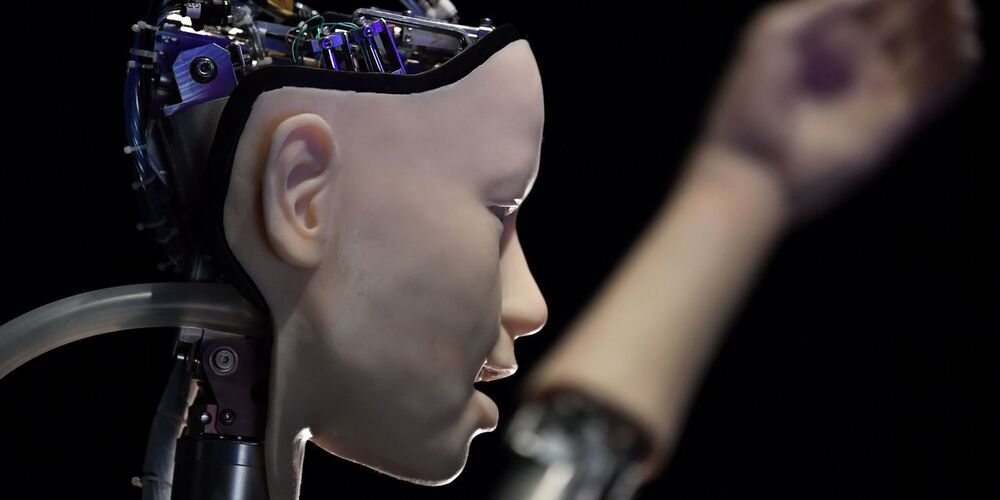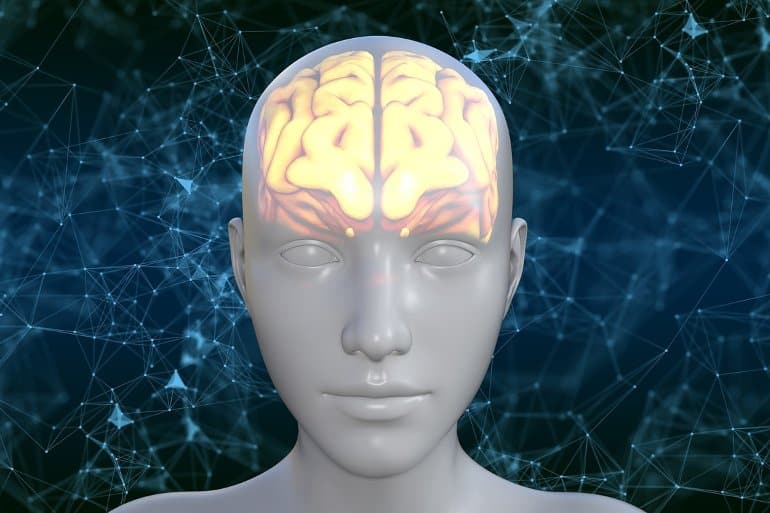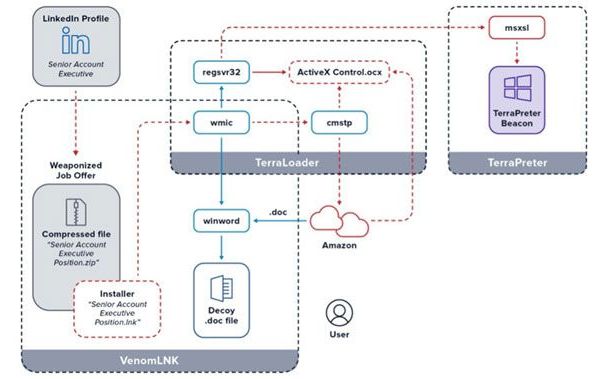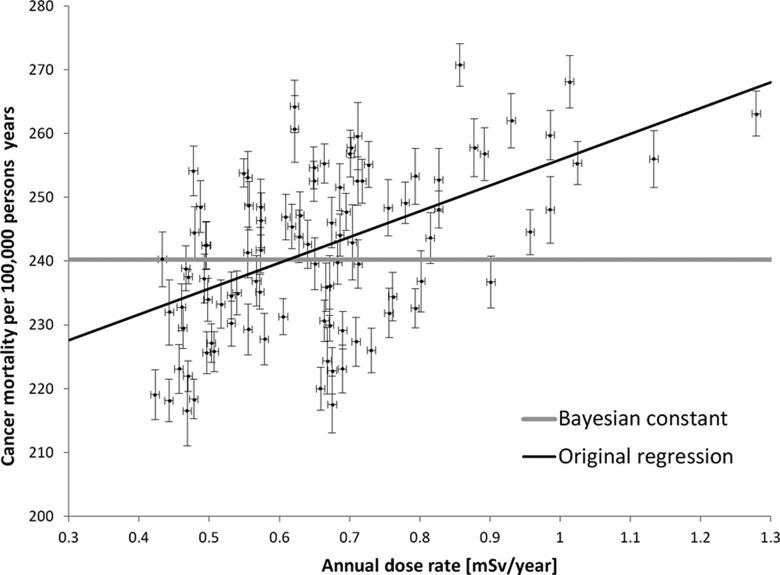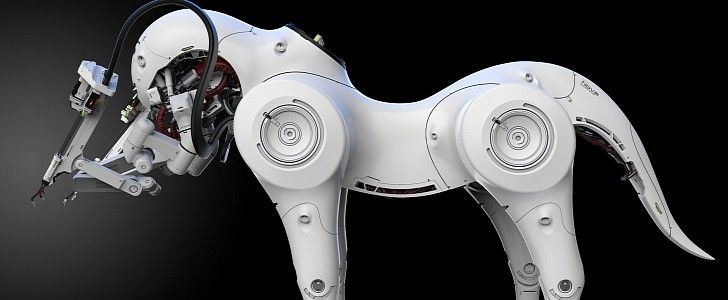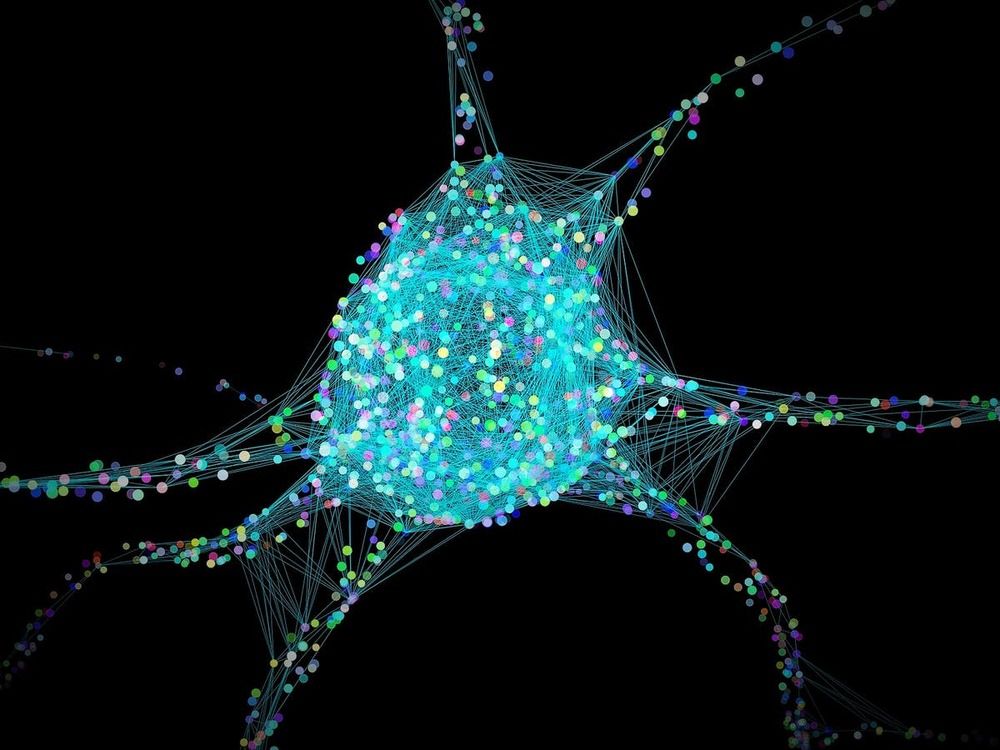Concretely: even with advanced technologies, it is impossible to predict someone’s behaviour based on their facial features. Peter Claes continues, Our results confirm that there is no genetic evidence for a link between someone’s face and that individual’s behaviour. Therefore, we explicitly dissociate ourselves from pseudoscientific claims to the contrary.
Claes said, To be able to analyse the MRI scans, we had to measure the brains shown on the scans. Our specific focus was on variations in the folded external surface of the brain – the typical ‘walnut shape’. We then went on to link the data from the image analyses to the available genetic information. This way, we identified 472 genomic locations that have an impact on the shape of our brain. 351 of these locations have never been reported before. To our surprise, we found that as many as 76 genomic locations predictive of the brain shape had previously already been found to be linked to the face shape. This makes the genetic link between face and brain shape a convincing one.
The team also found evidence that genetic signals that influence both brain and face shape are enriched in the regions of the genome that regulate gene activity during embryogenesis, either in facial progenitor cells or in the developing brain.
